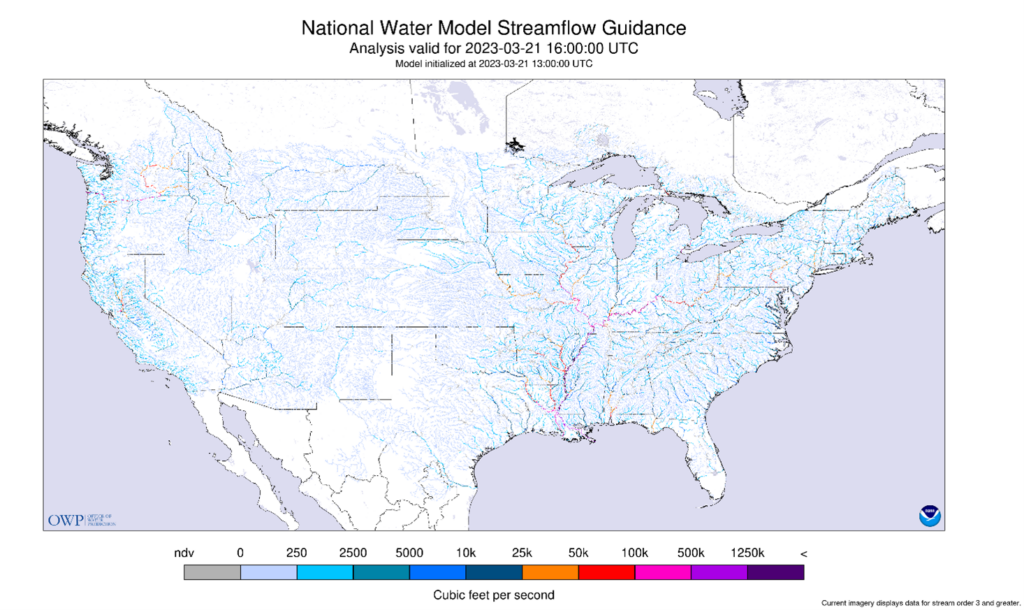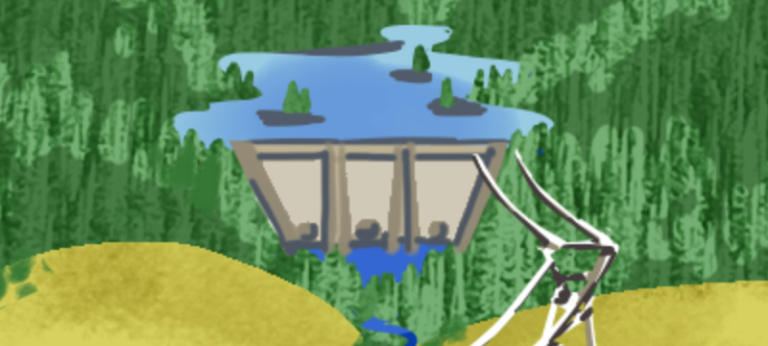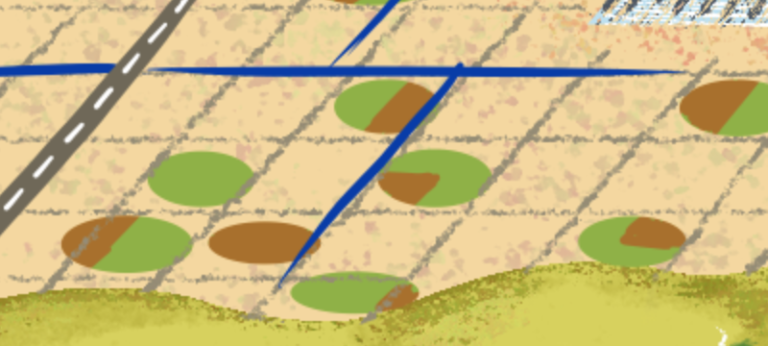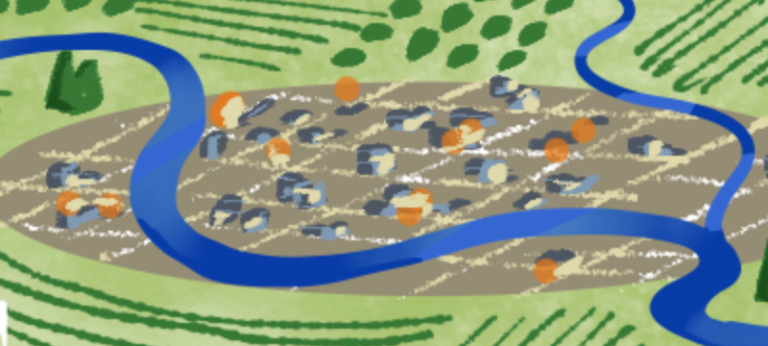
Community Defense Against Wildfire
Our communities in the west are vulnerable to wildfire during drought conditions, especially as the impacts of climate change increase. We work to provide adaptation solutions to wildfire hazards.

Within the United States, we face a plethora of complex water issues that each involve unique physical environments with legal and economic consequences. In 2011 and in response to Nashville Floods of 2010, the Integrated Water Resources Science and Services Project (IWRSS) was created to address these multi-dimensional hydrologic issues. Since then, several tools such as numerical models (e.g., National Water Model) and databases have been built to supply researchers and other information consumers with hydrologic data and forecasting. However, the diverse nature of the hydrologic problem space imposes requirements on each of these tools that make interoperability difficult (i.e., languages, model conventions, resolution, location, etc.).
To address this problem, the Next Generation National Water Model (Nextgen NWM) aims to streamline the communication that allows for interoperability and as a result, makes accessing hydrologic data and modeling more efficient and generates utility for scientists and hydrologic data consumers. The Nextgen NWM is not a model itself, but rather a user-friendly framework that manages the various models and data on the back-end.
Lynker is developing the Nextgen NWM alongside the National Oceanic and Atmospheric Administration’s Office of Water Prediction and the Alabama Water Institute. To ensure the quality and value of this product, the development team implements rigorous software development practices such as Test Driven Development and Continuous Integration and Continuous Delivery. Due to the diverse resources of the potential users of the Nextgen NWM, the system is built to run in the cloud or locally in potentially heterogeneous computing architectures. In short, the NextGen NWM will soon be powering hydrologic model forecasts from the Office of Water Prediction for the entire United States. Check out the following links to learn more about the Nextgen project.

Additional Information










Our communities in the west are vulnerable to wildfire during drought conditions, especially as the impacts of climate change increase. We work to provide adaptation solutions to wildfire hazards.

The potential impacts of drought on communities is clearly visible in the dropping reservoir level at Lake Meade and Lake Powell in the Colorado River basin. We work with municipalities to identify and forecast the magnitude and severity of droughts from a water system perspective.
related capabilities

Irrigation for agriculture is supplied by surface water and groundwater sources, both of which are impacted by drought through different mechanisms. Drought may motivate the leasing of water, sale of cattle, or decision on whether to plant for the season. We provide geospatial solutions to analyze drought impacts while considering future climate change.
related capabilities

Flood hazards present profound risks to both life and property. We combine localized impact data along with cutting-edge forecast models to help communities and business plan for, respond to, and adapt to flood hazards.
related capabilities

Rising sea levels and accelerated coastal erosion due to climate change present major risks to urban coastal areas and infrastructure. We can provide modeling solutions to guide mitigation planning efforts to proactively protect life and property.
related capabilities

Climate change, overfishing, and industrial development are leaving a lasting impact on our world’s fisheries. Sustainable fisheries are a necessity for the next generation populating our coastal communities. Lynker Intel can help guide decision makers in protecting and encouraging growth of this valuable natural resource.
related capabilities

Earthquakes can abruptly and catastrophically damage unprepared urban areas. Lynker Intel can provide customized risk assessment and hazard mapping to help local leaders prepare for the unexpected.
related capabilities

Increased temperatures present our urban population centers with unique challenges. Infrastructure decisions made by previous generations need to be reevaluated and updated to mitigate the effects of climate change. Lynker Intel can help identify problem areas such as heat islands to improve public health and quality of life.

